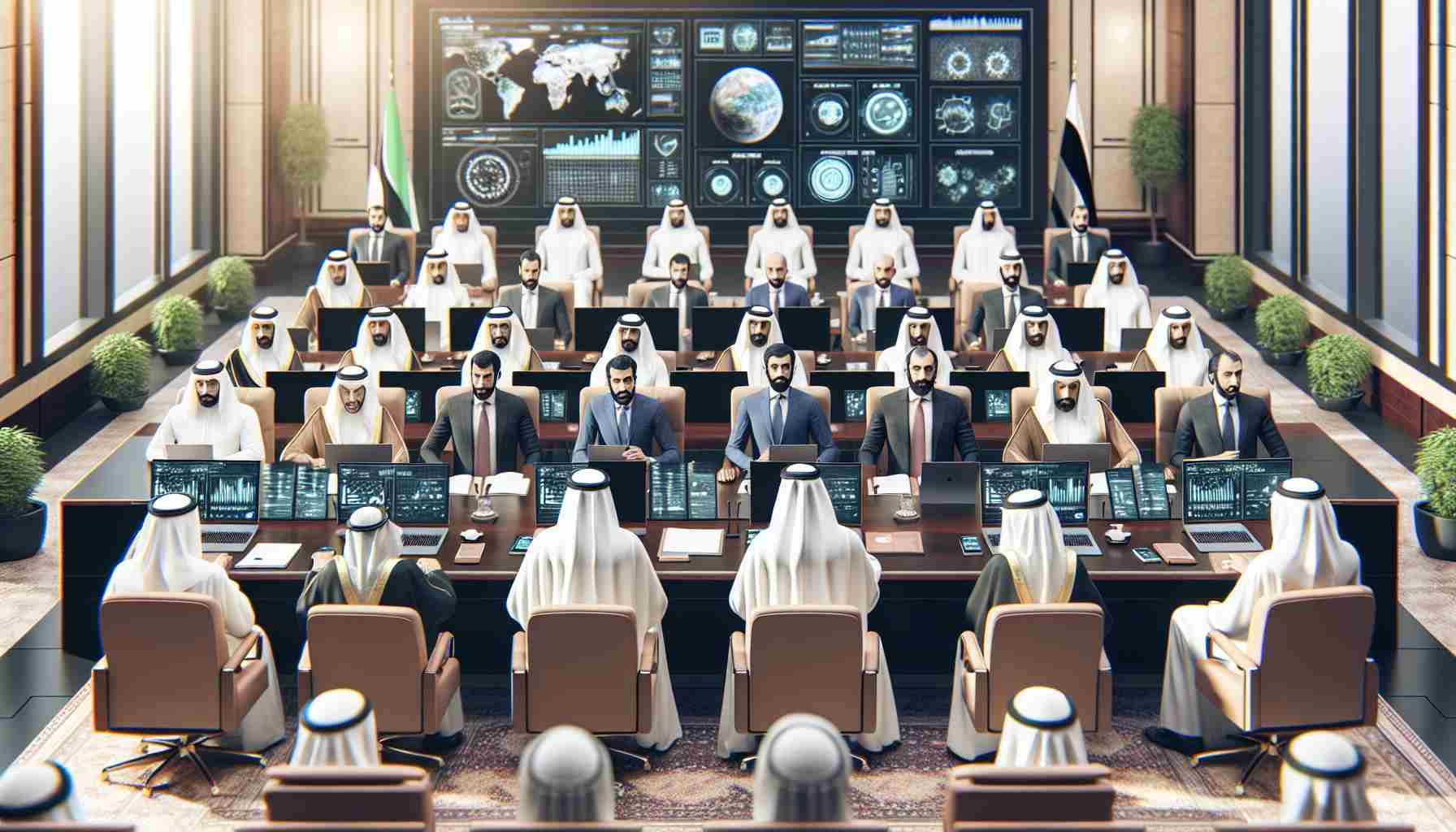The Arab Parliament’s high-level parliamentary working group emphasizes collaborative legislative efforts in technology for sustainable growth. Hala Ramzi, a member of the Shura Council and Deputy Head of the High-Level Parliamentary Working Group for Technology, Innovation, and Digital Transformation, has highlighted the critical nature of exchanging expertise among Arab parliaments. This interaction aims to promote legislation that supports the use of technology and artificial intelligence in various aspects of sustainable development. The objective is to navigate the challenges emerging from rapid technological advancements.
During a meeting in Jordan, the group had fruitful discussions on several innovative initiatives. These initiatives aim to enhance legislative coordination and cooperation among parliaments in this vital field. Some of the discussed plans include organizing a specialized parliamentary conference, the establishment of a digital network among parliaments, and crafting an ethical charter to guide the group’s efforts. The meeting also featured sessions with authorities in technology, digital transformation, and cyber security, and addressed the group’s action plan and priority setting for the coming period.
Ramzi acknowledges the pivotal role of the Arab Parliament’s working group. She lauds the Arab Parliament’s working group for its dedication to bridging legislative gaps in the realm of artificial intelligence and its focus on the participation of Arab youth and women in the digital and technological transformation.
The focus of the Arab Parliamentary Group on technology and sustainable development is a significant step towards integrating modern technological advancements within the legislative frameworks of Arab countries. This integration aims to address challenges and leverage opportunities provided by technology for sustainable growth.
Key Questions and Answers:
1. Why is technology important for sustainable development in the Arab region?
Technology is important for sustainable development because it can improve resource efficiency, facilitate access to information, and drive economic growth. For Arab countries, technology can improve sectors like healthcare, education, and environmental protection, contributing to overall social and economic progress.
2. What are some key challenges associated with technology and sustainable development in the region?
Key challenges include bridging the digital divide, ensuring equitable access to technology, addressing privacy and ethical concerns related to artificial intelligence, and aligning technological development with social and environmental objectives.
3. What controversies might the Arab Parliamentary Group face?
Controversies could arise over issues of data sovereignty, cultural resistance to change, potential job displacement due to automation, and balancing technological innovation with traditional values.
Advantages and Disadvantages:
Advantages:
– Promotion of knowledge sharing and best practices across Arab countries.
– Legislative support for innovation can drive economic diversification and reduce dependency on oil economies.
– Enhancement of regional cooperation and alignment to global sustainable development goals.
Disadvantages:
– Potential for unequal advancement between countries leading to increased disparities.
– Risks of privacy infringement and ethical dilemmas with AI development.
– Legislative overload or bureaucracy potentially stifling innovation.
Suggested Related Link:
To further explore issues around technology and sustainable development in the Arab world, you may want to visit the website of The United Nations Economic and Social Commission for Western Asia (ESCWA), a body that works on enhancing economic and social policy frameworks in Arab States.
Please note that the landscape is fast-changing, and there may be many recent developments in technology and sustainable development within the Arab Parliament that are not covered in the article or in these additional facts.

